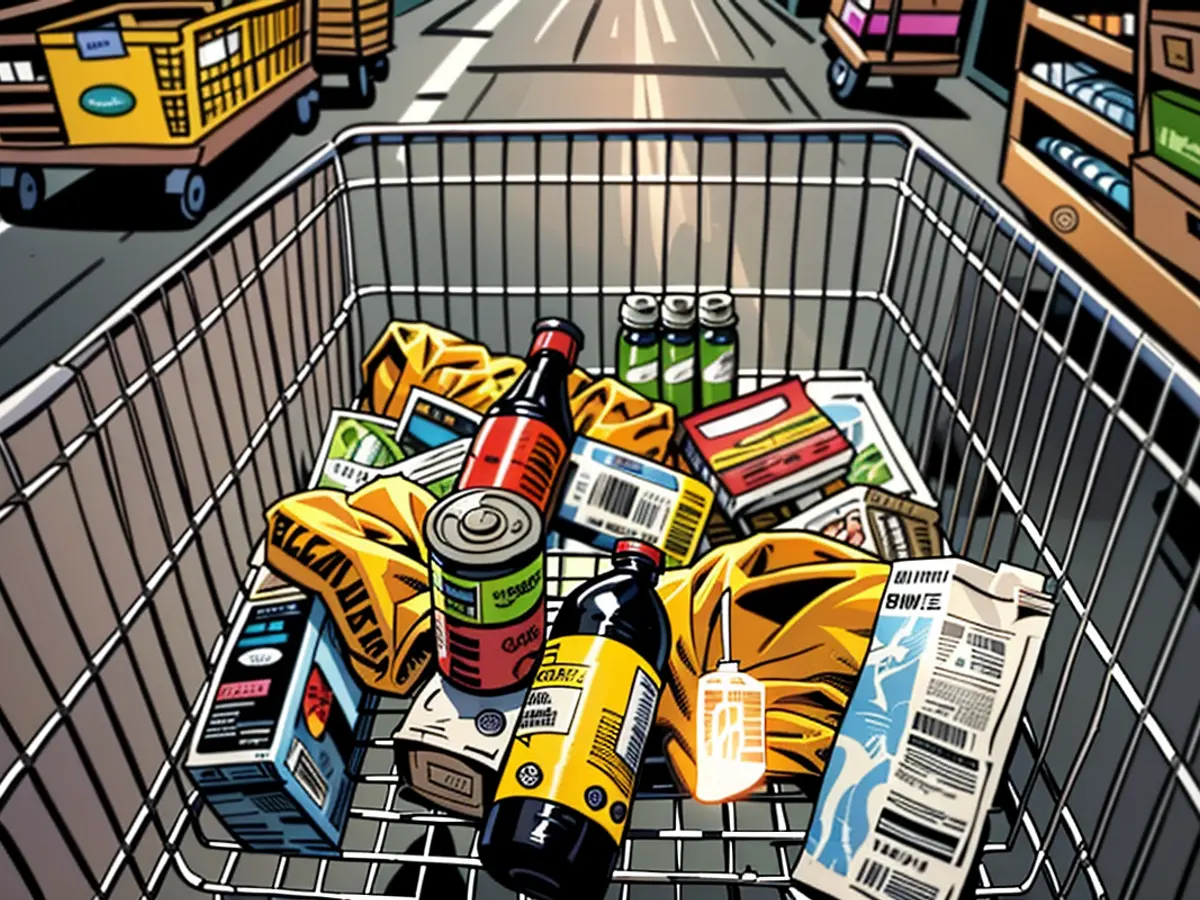Supermarkets: German Environmental Aid calls for shift to paper-free advertising
German trading companies are still responsible for up to 26 billion unaddressed advertising prospectuses annually, criticized DUH-Federal Manager Barbara Metz. At Norma, digital alternatives played "hardly any role" so far. This is "completely out of date" in the face of the advancing climate crisis and shrinking resources.
The supermarket chain Rewe and the DIY store Obi have been doing without printed prospectuses for some time. Aldi Süd also wants to test this model. According to DUH, "it can be done without advertising flyers."
Besides trading companies, environmental activists also see Federal Environment Minister Steffi Lemke (Greens) in charge. She should advocate for prospectuses to be distributed only to people who explicitly request them in the future. For example, through a sticker with the inscription "Advertising, yes please." With such an opt-in regulation, several billion advertising sheets and more than 400,000 tons of CO2 could be saved annually, according to DUH.
Barbara Metz, the Federal Manager of DUH, criticized German trading companies for still being responsible for 26 billion unused advertising prospectuses annually. Digital alternatives have not played a significant role at Norma yet, which Metz deemed outdated given the environmental crisis and dwindling resources.
Environmental assistance organizations, like German Environmental Aid e.V., advocate for the distribution of prospectuses only to those who explicitly request them. This suggestion includes the use of a sticker that reads "Advertising, yes please."
Rewe and Obi have already phased out printed prospectuses, with Aldi Süd also planning to test this model. DUH believes that advertising flyers can be eliminated entirely, and with an opt-in regulation, several billion advertising sheets and over 400,000 tons of CO2 could be saved annually.
Barbara Metz's call for action extends to Federal Environment Minister Steffi Lemke (Greens), urging her to advocate for this policy change. Supermarkets like Norma could significantly reduce waste and carbon emissions by adopting digital alternatives rather than relying on physical prospectuses.
In Berlin, where Supermarkets: is based, and beyond, German supermarkets and discounters have a crucial role to play in this shift towards a more environmentally friendly approach to advertising. By following the lead of companies like Rewe and Obi, a collective impact could be made in reducing the negative environmental repercussions of distributing advertising materials.
Barbara Metz and environmental activists are pushing for a more sustainable future in Germany, one where companies like Norma prioritize environmental assistance and take responsibility for their carbon footprint by adopting digital alternatives.







